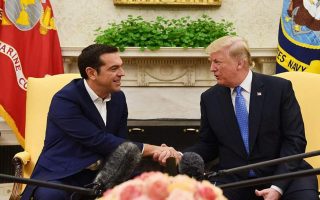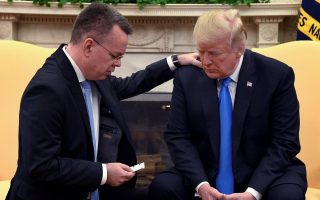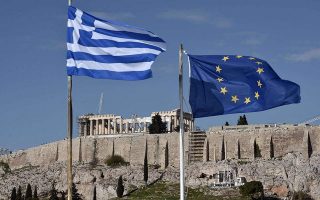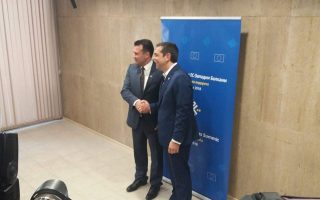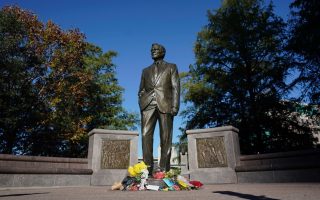The Khashoggi murder and US foreign policy
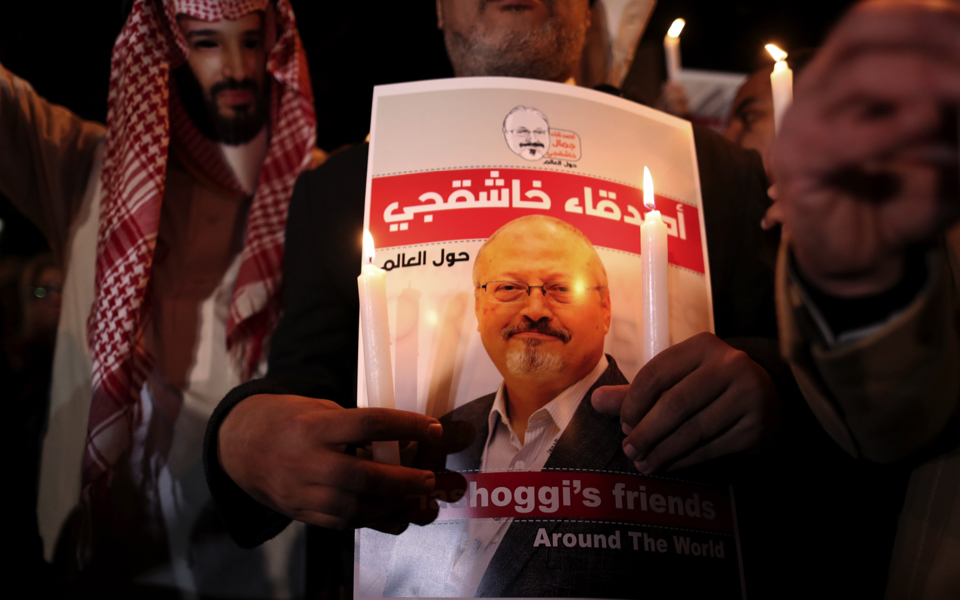
The assassination of Jamal Ahmad Khashoggi, a Washington Post journalist and fierce critic of Saudi Arabia, at the latter's consulate in Istanbul on October 2, with the apparent approval of Crown Prince Mohammed bin Salman, has already had far more serious repercussions than the fact as such.
Richard Haass, president of the Council on Foreign Relations and former director of policy planning at the US State Department, reminded us recently that “all too often in the Middle East, a bad situation becomes a worse situation.” The crown prince of Saudi Arabia has created a bad situation. We must aim at containing the situation so that it does not get worse. However, the way US President Donald Trump has handled it so far, it most certainly does not contain it, to the detriment of US strategic interests.
Energy security and the resolution of the many issues in the Middle East, strategic US policy goals, seem to be of less importance to American diplomacy, for the first time. Instead, foreign investments in US infrastructure or large defense contracts have become a top priority. However, even these appear to be mere intentions rather than hard contracts. What is left is the damage.
On the one hand, the image of the United States as a global defender of human rights has been irreparably damaged during the Trump administration. Future US governments will need to make a huge effort if they hope to restore the country's previous image.
On the other hand, US policy in the Middle East and the Gulf has suffered a huge blow. Not only did the US not condemn the crown prince for the murder, they tolerated and thus encouraged his attitude toward his political opponents both within Saudi Arabia and beyond, which led to the detention of the Lebanese prime minister, the war in Yemen and the embargo against Qatar, which caused an unprecedented crisis in the Gulf states.
The short-term interests of the United States function here as a narrative to justify acts and omissions by the Trump administration, which clearly do not facilitate the stability of the region.
James Baker, US secretary of state in the administration of the late George H.W. Bush, recently paralleled Khashoggi's killing in Istanbul with the 1989 events in Beijing's Tiananmen Square. President Bush wanted to preserve the geopolitical relationship with China while sending a message to the Chinese leadership that such killings would no longer be tolerated. In no case did he want to give the impression that the US was approaching human rights as a cynical paper tiger. Just two days after the events, the US announced a series of sanctions against the Chinese government, which included stopping arms sales and all visits between the military leadership on both sides. Other sanctions were imposed by Congress, supported by the US government.
At the same time, on the geopolitical front, efforts were made to keep US-China diplomatic relations and thus their strategic relationship alive. While it was important to avoid the alienation of the two countries, by sending senior officials to China to make clear to the Chinese leadership that he wanted to maintain the relationship, President Bush condemned the Chinese behavior with significant sanctions.
The Khashoggi case bears some similarities. The strategic relationship between the US and Saudi Arabia is indeed linked to US energy security and the Palestinian issue. Therefore its overall role in the Middle East is of paramount importance. What matters is the preservation of the relationship.
But that is where the similarities end. The importance of Saudi Arabia to the US today is not the same as China in the 80s. China was already an emerging superpower, a fact the US could not ignore. President Bush acted in order to support America's public image with regard to human rights, without neglecting his country's strategic priorities. Taking a prudent and balanced approach, he maintained the US-China strategic relationship while making it clear that the violation of human rights would not be tolerated. In contrast, in the recent Khashoggi case, President Trump with his overall policy toward Mohammed bin Salman has broken away from the balanced approach policy.
Maintaining a strategic relationship with Saudi Arabia is a priority, but as a result of statements and actions by both President Trump and the head of US diplomacy, the policy of the crown prince is encouraged rather than restrained. The Khashoggi murder could have probably been avoided as it was the last and most painful in a series of unfortunate (at the very least) actions, which included the weeks-long imprisonment of opponents at the Ritz-Carlton Hotel in Riyadh, the kidnapping of the prime minister of Lebanon, the imprisonment of individuals involved in the Women to Drive Movement and of course the deep rupture in Arab ties.
To the extent that energy security and the resolution of the Palestinian issue remain US strategic priorities, it is hard to contemplate how they might be advanced by the unconditional acceptance of the crown prince’s actions and the lack of initiatives aimed at healing the crisis within the Gulf Cooperation Council.
Hamad Bin Jassim Al Thani, Qatar’s former prime minister, tweeted that “Gulf countries need the kingdom… because the kingdom's stability means stability for the region.” However, the continuation of President Trump’s policy threatens to upset stability in the region, which certainly wouldn't serve the interests of America or, by extension, those of Greece, the Balkans and the European Union as a whole.
In politics nothing is impossible. Policy must be adapted to changing conditions. Khashoggi’s unacceptable murder could be approached by the US – as Congress is trying – as a golden opportunity for a more balanced approach to the issues of the Gulf and the Middle East. As Winston Churchill once said, “Never let a good crisis go to waste.” Sooner or later, the balance in the region needs to be restored.
Perhaps President Trump, while paying his respects to the late President Bush on Capitol Hill, should have borrowed a little of the prudent attitude with which he dealt with the Tiananmen incident in 1989.
Panagiotis (Peter) G. Mihalos is former secretary-general for International Economic Relations and Development Cooperation at the Greek Ministry of Foreign Affairs.

